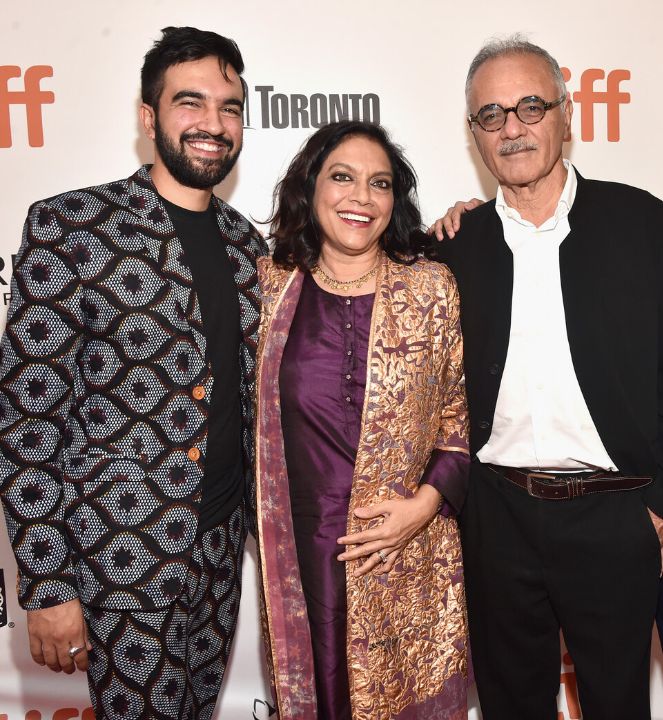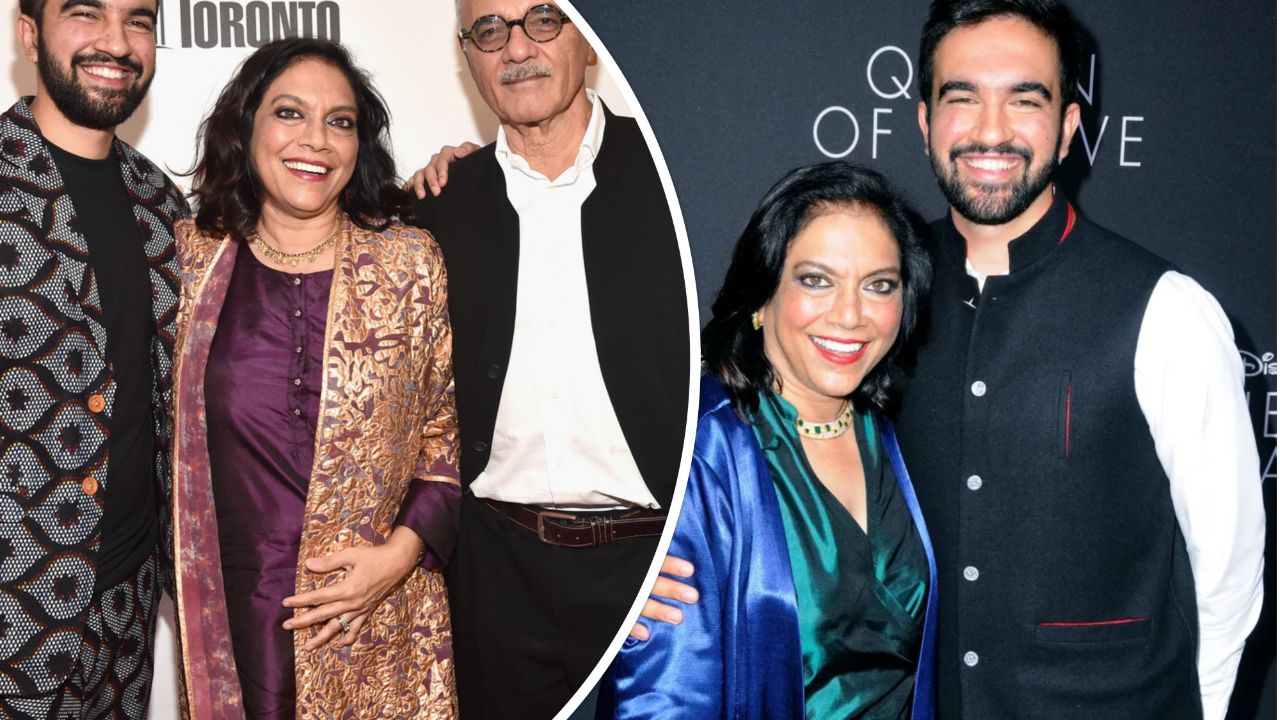Zohran Mamdani, New York’s mayoral frontrunner, a democratic socialist, and the guy who just pulled off one of the biggest political upsets of 2025, didn’t come out of nowhere. His story is deeply intertwined with two towering figures: his father, Mahmood Mamdani, a globally renowned scholar, and his mother, Mira Nair, an Oscar-nominated filmmaker. These aren’t just famous parents; they’re cultural and intellectual powerhouses whose influences shaped Zohran’s worldview, his politics, and even his knack for storytelling (because, let’s be real, his campaign speeches have the dramatic flair of a Nair film).
Let’s start with Mahmood Mamdani, the kind of academic who doesn’t just write books, he rewrites how we think about colonialism, political violence, and African history. Born in Uganda to Indian parents, Mahmood’s work has been a middle finger to Eurocentric narratives, arguing that Africa’s post-colonial struggles can’t be understood without confronting the legacy of imperialism. He’s taught at Columbia University, directed the Makerere Institute in Uganda, and been called one of the most important political thinkers of his generation.
For Zohran Mamdani, growing up with Mahmood as a dad meant dinner-table debates that probably felt like grad seminars, except with more passion and fewer tuition fees. The elder Mamdani didn’t just pass down genes; he passed down a sharp critique of power, something Zohran’s now wielding against New York’s political establishment.
Then there’s Mira Nair, the woman who turned Bollywood glamour into global art-house acclaim. If you’ve ever cried during Monsoon Wedding or been gut-punched by Salaam Bombay!, you’ve felt her work. Nair’s films are lush, emotional, and unflinchingly political, qualities that, surprise, surprise, also define Zohran’s campaign.
You Might Like: Bobby Sherman’s Family: Meet His Wife Brigitte and 2 Kids
His mom’s also a master at blending cultures, much like her son, who’s equally at home quoting Marxist theory and rap lyrics. (Yes, Zohran had a brief rap career under the name “Mr. Cardamom,” complete with a music video featuring Madhur Jaffrey as his fictional grandma. You can’t make this up.) Nair’s storytelling taught Zohran how to connect with people’s hearts, something his opponents, like Andrew Cuomo, clearly underestimated.
From Kampala to Queens: A Childhood of Crossroads
Zohran’s origin story reads like a geopolitical coming-of-age tale. Born in Kampala in 1991, he spent his early years bouncing between Uganda, South Africa (where Mahmood taught at the University of Cape Town), and finally New York City at age seven. That’s a lot of passports for a kid who hadn’t hit double digits. But this nomadic upbringing wasn’t just about stamps in a passport; it gave Zohran a front-row seat to inequality.

In Cape Town, he attended a prestigious grammar school while apartheid’s shadows still lingered. In Queens, he grew up in a rent-stabilized apartment, a detail that now fuels his crusade against NYC’s housing crisis. And let’s not forget the Columbia University housing he lived in for years, which critics love to dunk on as “plush” and “rent-free.” (Hey, if your dad’s a professor, you take the perks where you can get them.)
The Mamdani-Nair household wasn’t your typical American family. Imagine Thanksgiving with a Ugandan-Indian scholar, a Punjabi-American filmmaker, and a kid who’d grow up to rap about socialism. Zohran’s middle name, Kwame, is a nod to Kwame Nkrumah, Ghana’s revolutionary first leader, so yeah, radical politics were basically his bedtime stories.
His parents’ work—Mahmood’s academic rigor, Mira’s cinematic activism—taught him that art and theory aren’t just for elite circles; they’re tools for change. That’s why his mayoral campaign isn’t just about policy white papers; it’s about narrative. Free buses? That’s not just transit reform, it’s a plot twist in the story of who gets to move through the city. Rent freezes? That’s the sequel to Salaam Bombay!, but set in Astoria.
The Legacy in the Limelight
Fast-forward to June 2025: Zohran Mamdani’s just toppled Andrew Cuomo in the Democratic primary, and suddenly everyone’s Googling his parents. But here’s the thing, Mahmood and Mira didn’t hand him a political playbook. They handed him a lens. When Zohran talks about defunding the police, it’s not just progressive buzzwords; it’s the logical endpoint of Mahmood’s critiques of state violence. When he talks about “a New York for the many,” it’s Mira’s humanist filmmaking translated into policy. Even his campaign’s viral moments, like the time he clapped back at Cuomo with, “I’ve never had to resign in disgrace,” feel like something out of a Nair screenplay: sharp, emotional, and deeply personal.
Of course, having famous mom and dad isn’t always a plus in politics. Critics call Zohran a “nepo baby” (though, let’s be real, his résumé includes foreclosure counseling and grassroots organizing, not just Hollywood connections). Others say he’s in over his head, a charge he deflects with a mix of humility and defiance. (“I know what I don’t know,” he told the New York Times, which is either refreshing honesty or a really good soundbite.) But whether you love him or hate him, one thing’s clear: Zohran Mamdani isn’t just his parents’ son. He’s their amplifier—taking their ideas from the lecture hall and the silver screen straight to City Hall.
Also See: Bobby Sherman Net Worth 2025: Inside His $8 Million Fortune
So as Zohran gears up for the general election, against Cuomo’s possible independent run, Eric Adams’ scandal-plagued bid, and a GOP wild card, remember this: his campaign isn’t just about him. It’s about the Ugandan scholar who taught him to question power, the filmmaker who taught him to move crowds, and the city that’s about to find out what happens when you mix those two legacies with a millennial’s TikTok savvy. Buckle up, New York. The Mamdani-Nair saga is just getting started.








